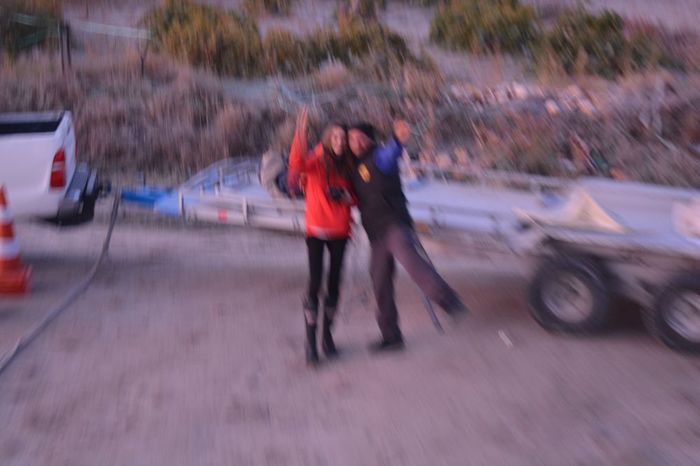For the characteristic of these Chasii is to rejoice in bloodshed, and to consider it a treat to be allowed to thrust their swords through a man’s entrails. And if, perchance, others were to attack them at that very minute, and mince them up like sausage-meat, they reckon that kind of death an honour, for they inherit and hand on to their children this trade of assassination, as a species of ancestral heritage. Not one of those fellows returned to Tutuses as they would have lost their own lives in expiation for this crime. Puzanus however, on hearing of it, returned to Chorosan with all his forces; and as he was nearing it, Tutuses, the brother of the murdered Sultan, encountered him.
Tutuses entered Chorosan
At once a close conflict began, as both armies fought bravely and neither would yield the victory to the other, and then Puzanus fell, mortally wounded, after fighting bravely, and causing consternation to his foes; and his men scattered in flight in different directions, each one thinking only of his own safety. Tutuses entered Chorosan as victor and felt as if he had already risen to the rank of ‘Sultan,’and yet danger menaced him.
For Pargiaruch, the son of the murdered Sultan, Tapares, met him in battle and rejoicing, as the poet says, ‘like a lion who has fallen in with mighty prey,’ he attacked him with all his might and main, cut up the whole of Tutuses’ forces and vigorously pursued the fugitives. And Tutuses himself, who was puffed up with pride like Novatus,[*=a heretic whose pride had been proverbial] perished too. When Apelchasem had gone to Chorosan with his money to see the Sultan, as was related earlier, his brother Pulchases surprised Nicaea and held it.
Read More about Norman West part 11








